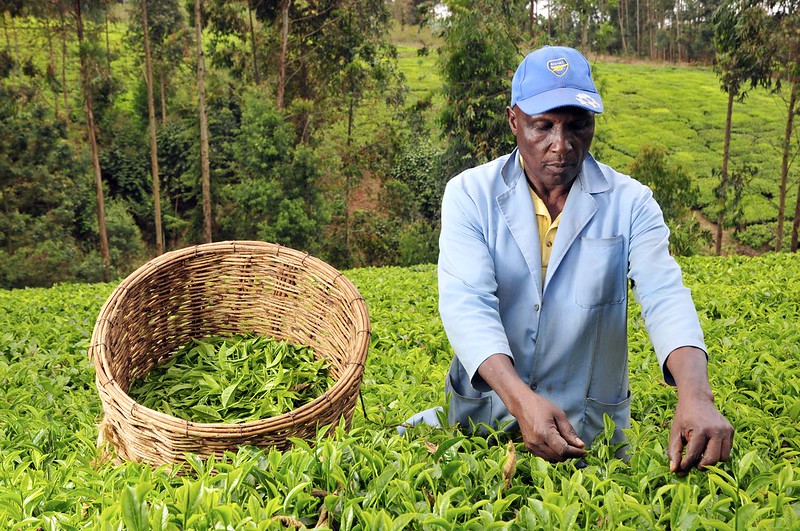Small-scale tea farmers are being encouraged to enhance the quality of their produce in order to secure better prices in both local and international markets. Recent assessments of tea quality from small-scale factories have shown progress, but stakeholders agree that more effort is needed to maintain consistency and competitiveness.
Tea remains one of Kenya’s top export earners, and the market continues to place a premium on quality. Experts emphasize that the appearance of tea leaves, liquor, and infusion play a significant role in determining auction prices. If farmers improve plucking standards and ensure that processing methods meet global requirements, the results can translate directly into higher earnings.
While notable improvements have been observed, challenges persist in manufacturing and post-harvest handling. Farmers are urged to work closely with factories to strengthen quality control at every stage of production. Industry stakeholders believe that collective action will be essential in sustaining better auction prices.
Another key concern is the rising cost of transporting tea to Mombasa, where all exports are consolidated and sold at auction. Levies imposed on trucks ferrying tea have been described as an additional burden on farmers, reducing the bonuses they eventually take home. Addressing such cost pressures is seen as crucial to safeguarding farmer income.
The Mombasa tea auction is one of the largest in the world, attracting buyers from across Africa and beyond. Tea from countries such as Kenya, Uganda, Rwanda, Burundi, Tanzania, Mozambique, Malawi, the Democratic Republic of Congo, and Ethiopia is sold here. Since quality is the main factor buyers consider, Kenya must continue improving standards to maintain its competitive edge.
External factors also influence tea prices, including geopolitical tensions, trade disruptions, and regional instability. These challenges make it even more important for farmers to focus on aspects they can control—especially quality.
At the same time, there is a strong push to boost domestic tea consumption. Currently, only a small percentage of Kenya’s annual production is consumed locally, while the majority is exported. Initiatives to reduce the cost of packaging and remove taxes on locally sold tea are expected to encourage more Kenyans to embrace tea drinking.
By focusing on quality improvement, cost efficiency, and local market growth, the tea industry can strengthen its resilience and secure better returns for farmers.

